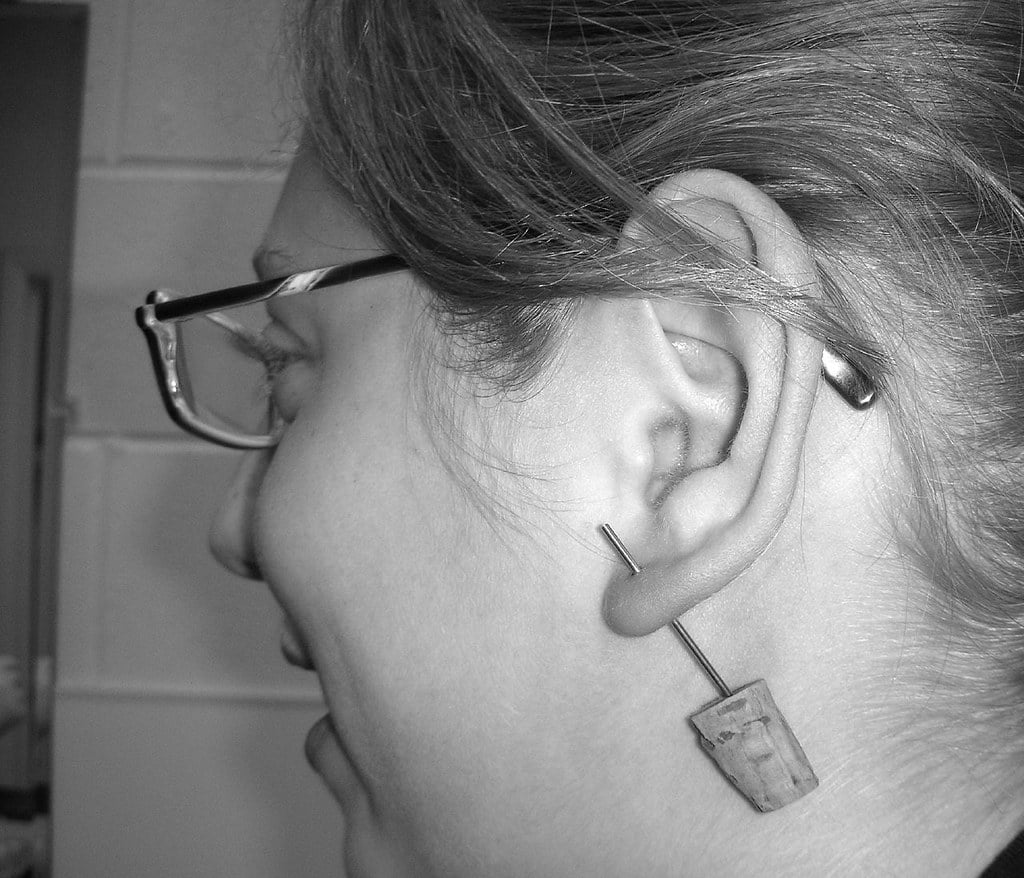Ear wax, known as cerumen, is a natural substance produced by the glands in the ear canal. It plays a crucial role in keeping our ears lubricated and protecting them from dust, dirt, and other foreign particles. However, excessive build-up of ear wax can lead to discomfort, hearing loss, and even ear infections. That’s why it’s important to find effective methods for ear wax removal.
There are several ear wax removal methods available, ranging from home remedies to professional procedures. One such method that has gained popularity in recent years is microsuction. In this article, we will evaluate the suitability of microsuction as an ear wax removal method and explore its benefits and considerations.
What is Microsuction?
Microsuction is a non-invasive and safe procedure used to remove excessive or impacted ear wax from the ear canal. It involves using a specially designed suction device and a microscope or loupe for better visualisation. Unlike other methods, such as ear syringing or ear candling, microsuction does not involve the use of water or heat, making it a preferred choice for many individuals.
Benefits of Microsuction
- Safe and Gentle: Microsuction is considered a safe and gentle method for ear wax removal. The procedure is performed by trained professionals who have expertise in the field. They take utmost care to ensure the safety and comfort of the patient throughout the process.
- Accurate and Precise: The use of a microscope or loupe allows for better visualisation of the ear canal, ensuring accurate and precise removal of ear wax. This reduces the risk of injury to the ear canal or eardrum. The high level of precision offered by microsuction ensures that the procedure is targeted and effective.
- Quick and Efficient: Microsuction is a relatively quick procedure, usually taking only a few minutes per ear. It offers immediate relief from symptoms associated with excessive ear wax, such as hearing loss or earache. The efficiency of microsuction allows patients to experience instant improvement in their condition.
- Suitable for All Ages: Microsuction can be performed on individuals of all ages, including children and older adults. It is particularly beneficial for those who have a history of ear problems, such as recurring ear infections or narrow ear canals. This versatility makes microsuction a viable option for a wide range of patients.
- Minimal Discomfort: Most individuals report minimal discomfort during microsuction. The procedure is generally well-tolerated, with only mild sensations of pressure or suction. The gentle nature of microsuction ensures that patients experience minimal pain or discomfort during the process.
While microsuction is generally a safe and effective method for ear wax removal, there are a few considerations to keep in mind:
- Professional Expertise: Microsuction should be performed by a trained professional, such as an audiologist or ENT specialist. They have the necessary knowledge and skills to ensure safe and effective removal of ear wax. It is important to choose a qualified and experienced healthcare provider to perform the procedure.
- Ear Conditions: If you have a history of ear conditions, such as a perforated eardrum, it is important to consult with your healthcare provider before undergoing microsuction. They will evaluate your specific situation and determine if microsuction is suitable for you. It’s crucial to consider any pre-existing ear conditions to avoid any potential complications.
- Post-Procedure Care: After microsuction, your healthcare provider may recommend certain ear care practices to prevent excessive ear wax build-up in the future. These may include regular use of ear drops or gentle cleaning with a washcloth. Following the post-procedure care instructions provided by your healthcare provider is essential to maintain ear health.
Alternatives to Microsuction
While microsuction is a popular ear wax removal method, there are alternative options available if it is not suitable for you. Some common alternatives include:
- Ear Irrigation (Ear Syringing): This method involves flushing the ear canal with warm water to remove ear wax. It is important to note that ear irrigation should only be performed by a trained professional to minimise the risk of injury. Irrigation has a higher incidence of complications comparted to other methods of ear wax removal. Complications may include infection, perforation or the ear drum, tinnitus, pain, bruising, bleeding and hearing loss. This is why at Hearing First we NEVER irrigate.
- Ear Drops: Over-the-counter ear drops can help soften ear wax, making it easier to remove. However, this method may not be suitable for individuals with certain ear conditions or excessive ear wax build-up. Ear drops offer a convenient and accessible option for those who prefer self-care methods. We recommend the use of pharmacy grade olive oil, especially when in spray form such as Earol, as this penetrates, softens and lubricates ear wax.
- Home Remedies: Some individuals opt for home remedies, such as olive oil and bulb syringes, to soften and remove ear wax. However, it is essential to exercise caution and consult with a healthcare professional before trying any home remedies. The ear drum is very delicate and can be ruptured if too much force is used, the use of bulb syringes is just as likely to push the wax further in as it is to get the wax out.
- Manual Removal: In certain cases, a healthcare professional may use specialised tools, such as curettes, hooks or forceps, to manually remove ear wax. This method should only be performed by trained professionals to avoid injury.
Conclusion
When it comes to ear wax removal, it is essential to evaluate different methods and choose the one that suits your needs and preferences. Microsuction offers several benefits, including safety, precision, and quick results. However, it is crucial to consult with a healthcare professional to assess your individual situation and determine the most suitable method for you. Whether you opt for microsuction, ear irrigation, or any other method, prioritising your ear health and seeking professional guidance will ensure effective and safe ear wax removal.
